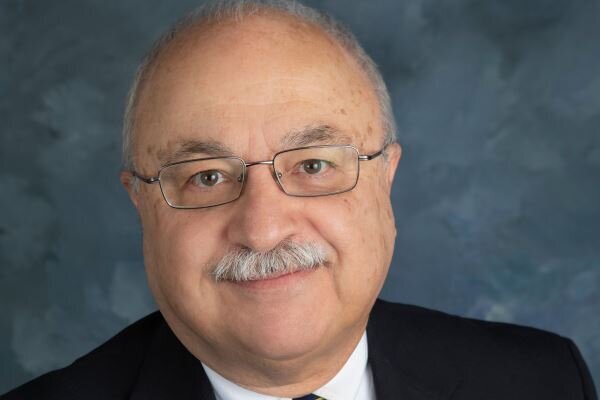Trump delivered what evangelical political right expected him to do: professor

TEHRAN - A professor of political science from the University of South Alabama says that Trump could content the religious and evangelical political right by putting his imprimatur on the country's legal system.
“Trump's ability to put his imprimatur on the country's legal system, especially in reshaping the Supreme Court, will have the most lasting impact on American politics and society for decades to come,” Nader Entessar tells the Tehran Times.
Last week's testimony at congressional hearings on the Jan. 6 Capitol assault portrayed an enraged Trump throwing food against a White House wall, voicing support for threats against his vice president, and dismissing the news that some of his supporters had come armed with rifles.
Everyone has a point about recent hearings and their potential consequences. Some believe that Trump is being damaged during the hearings while others say Trump's supporters, who are mostly evangelical and political right, have not been impressed by anything that has been divulged in the current hearings.
“In other words, Trump delivered what the religious and evangelical political right expected him to do,” Entessar argues.
Following is the text of the interview:
Q: How do you evaluate the January 6th hearing sessions?
A: The televised hearings have been interesting, especially the session with Cassidy Hutchinson, and aide to Trump's White House Chief of Staff Mark Meadows. She provided the most damaging evidence against Trump that has been so far televised in the January 6th hearing sessions. However, the January 6th hearings have not generated the kind of enthusiasm that had mesmerized the American public during the Watergate hearings in the 1970s that led to President Nixon's resignation.
“Support for authoritarian leaders is not based on reasoned and rational arguments and justification but on blind trust and emotional feelings.” Certainly, Trump's supporters have not been swayed by anything that has been divulged in the current hearings, and the Republicans, especially the party's leadership and core supporters, have dismissed both the utility and the legitimacy of the January 6th committee.
Also, this committee has no prosecutorial authority nor can it charge Trump with any federal crimes. That decision rests with the Justice Department and Attorney General Merrick Garland.
Of course, the Justice Department has been conducting its own investigation of the January 6th events, but it has not indicated if it intends to indict Trump. Such a decision will have immense political consequences not just for Trump's future but also for the entire edifice of America's political structure.
Q: While the difference between Trump and his close colleagues like Mike Pence is undeniable, how can his supporters justify or trust him?
A: Support for authoritarian leaders is not based on reasoned and rational arguments and justification but on blind trust and emotional feelings. This has certainly been the case from the early years of Trump's political campaign to the present.
Although it is true that in recent months cracks have appeared in Trump's camp and his supporters, former President Donald Trump still has a sizeable base of coherent supporters who have remained very loyal to him and what he stands for.
Assuming that the Justice Department does not pursue criminal charges against Trump (a reasonable likelihood at this time), he will be among the top favorites to capture the Republican nomination for the presidency again if he decides to run for the 2024 White House race.
Q: While many see Trump as an abnormal impulsive personality, do you agree that he was successful in some aspects like economy?
A: Judging success in Trump's case is in the eyes of the beholder. His avid supporters certainly consider Trump's performance positively and credit him for achieving most, if not all, of his goals in his four years in office.
Trump's ability to put his imprimatur on the country's legal system, especially in reshaping the Supreme Court, will have the most lasting impact on American politics and society for decades to come. In other words, Trump delivered what the religious and evangelical political right expected him to do.
Q: Do you think America is following the teachings of its founders, given the rate of violence and racism?
A: The writings and teachings of America's founders have always been open to various interpretations. They laid down a set of broad philosophical principles that they hoped would provide the foundation for establishing a new societal and political order in North America. What is ironic is that in today's America, almost all political constituencies, ranging from conservatives, violent extremists, liberals, and even leftists, invoke these principles to support their views and programs.
Q: How do you see the future of American democracy in light of such a split?
A: I think procedural democracy with its focus on electoral processes as the basis of democratic legitimacy will endure in the United States. However, substantive or participatory democracy with its focus on equal opportunity for all groups to participate in the political process will face major challenges as sociopolitical fissures in American society intensify. Added to this challenge, is the loss of perceived legitimacy in the country's major political institutions, including the presidency, congress, and the judiciary, in the eyes of an increasing segment of the American populace.
Leave a Comment